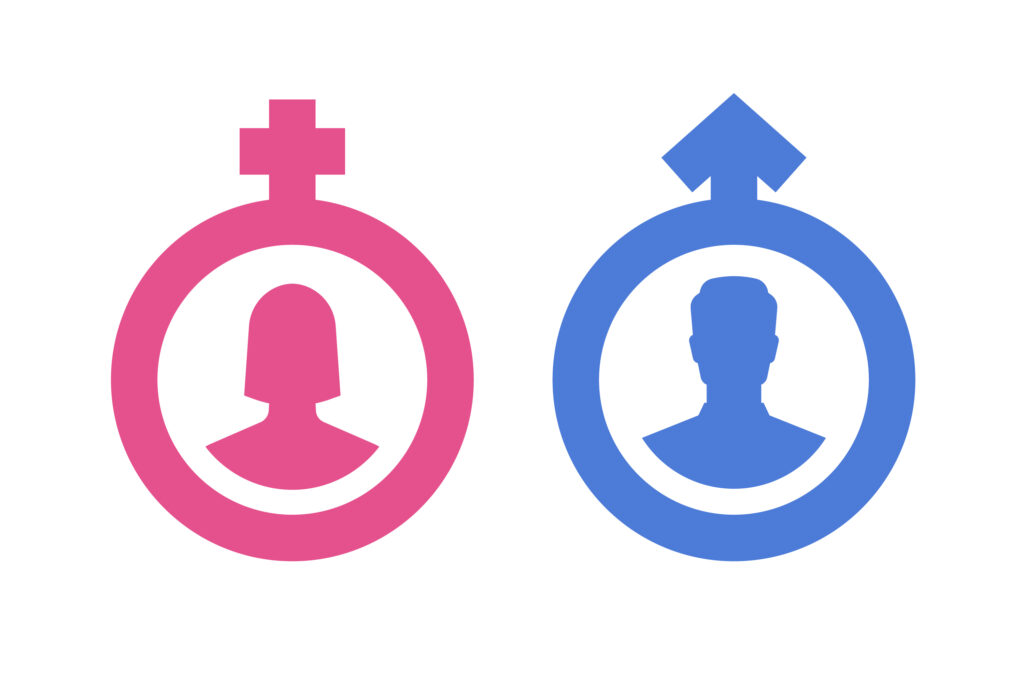Women see AI as more harmful across life settings
A new study reveals women are more cautious about AI risks and less trusting of its benefits in everyday life.

Women are showing more scepticism than men when it comes to AI particularly regarding its ethics, fairness and transparency.
A national study from Georgetown University, Boston University and the University of Vermont found that women were more concerned about AI’s risks in decision-making. Concerns were especially prominent around AI tools used in the workplace, such as hiring platforms and performance review systems.
Bias may be introduced when such tools rely on historical data, which often underrepresents women and other marginalised groups. The study also found that gender influenced compliance with workplace rules surrounding AI use, especially in restrictive environments.
When AI use was banned, women were more likely to follow the rules than men. Usage jumped when tools were explicitly permitted. In cases where AI was allowed, over 80% of both women and men reported using the tools.
Women were generally more wary of AI’s impact across all areas of life — not just in the professional sphere. From personal settings to public life, survey respondents who identified as women consistently viewed AI as more harmful than beneficial.
The study, conducted via Qualtrics in August 2023, surveyed a representative US sample with a majority of female respondents. On average, participants were 45 years old, with over half identifying as women across different educational and professional backgrounds.
The research comes amid wider concerns in the AI field about ethics and accountability, often led by women researchers. High-profile cases include Google’s dismissal of Timnit Gebru and later Margaret Mitchell, both of whom raised ethical concerns about large language models.
The study’s authors concluded that building public trust in AI may require clearer policies and greater transparency in how systems are designed. They also highlighted the importance of increasing diversity among those developing AI tools to ensure more inclusive outcomes.
Would you like to learn more about AI, tech and digital diplomacy? If so, ask our Diplo chatbot!
